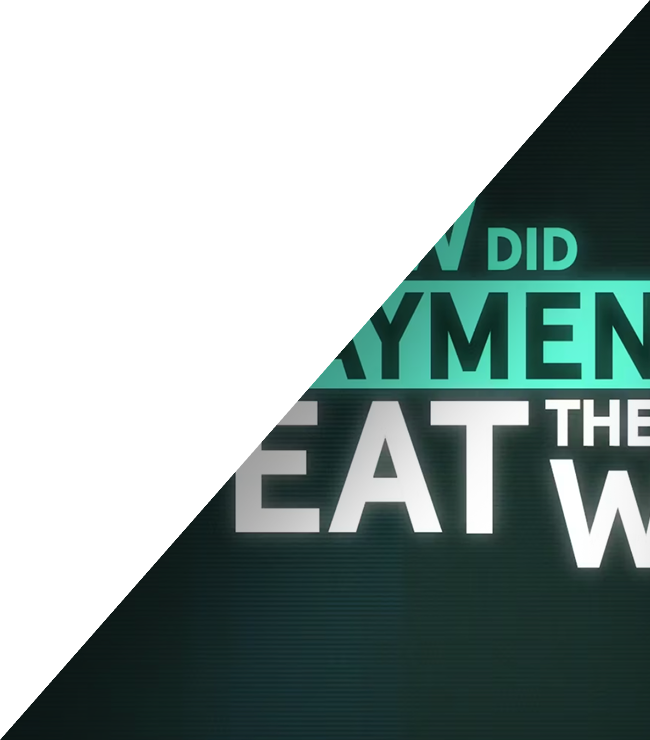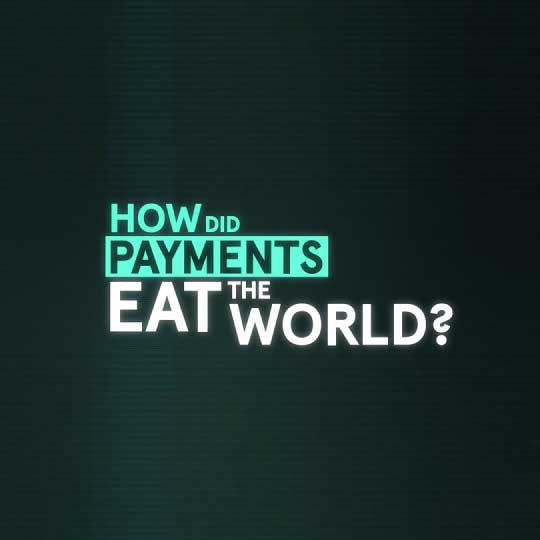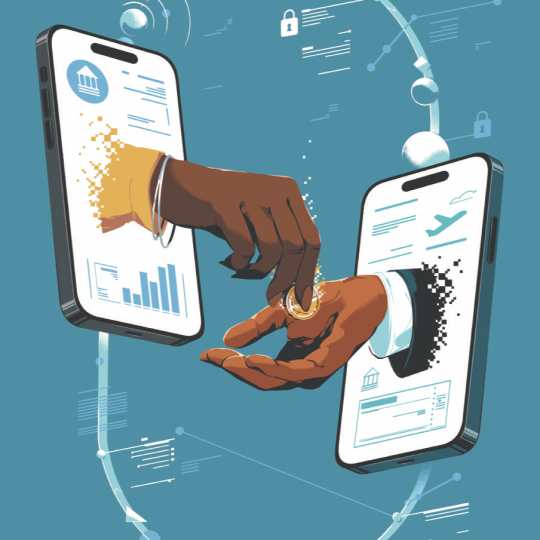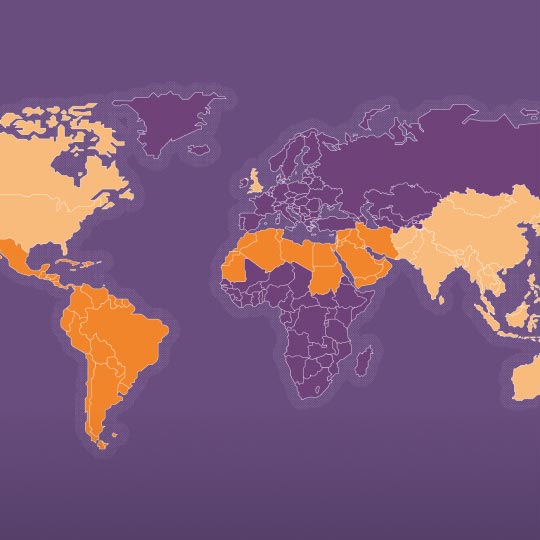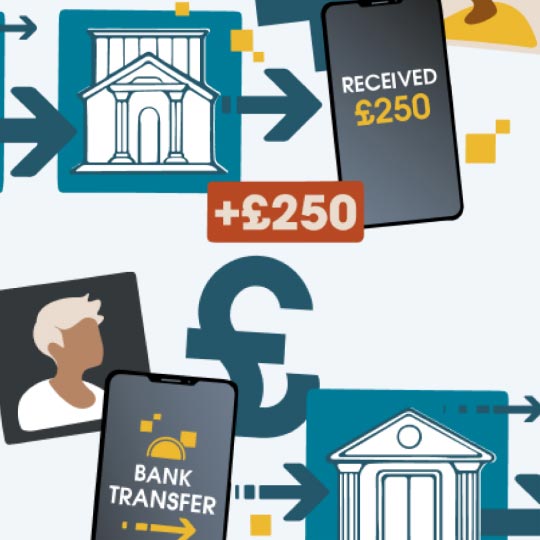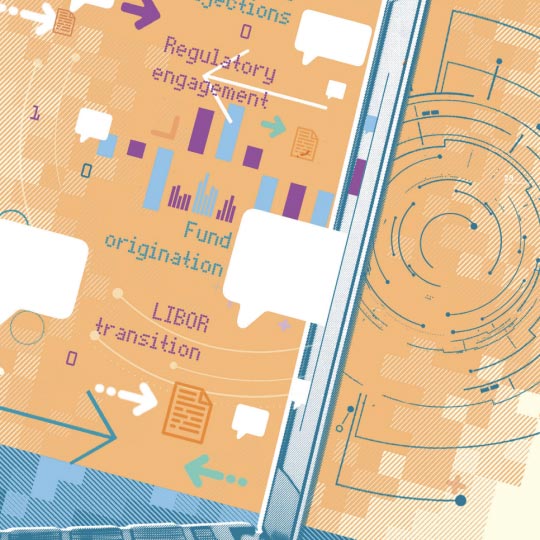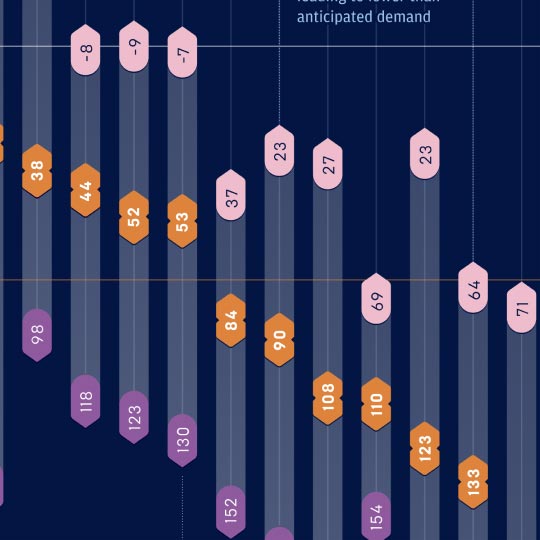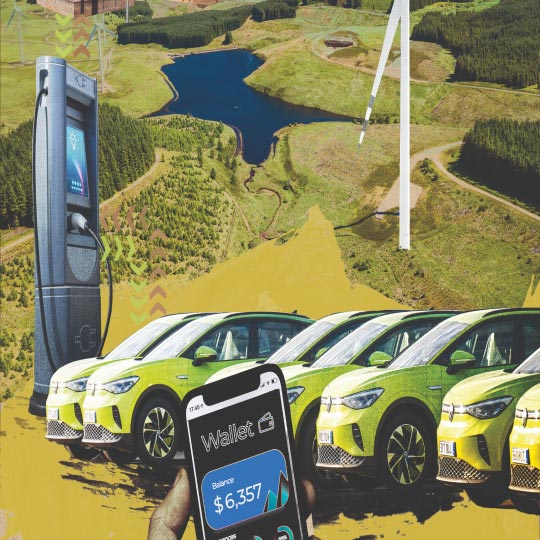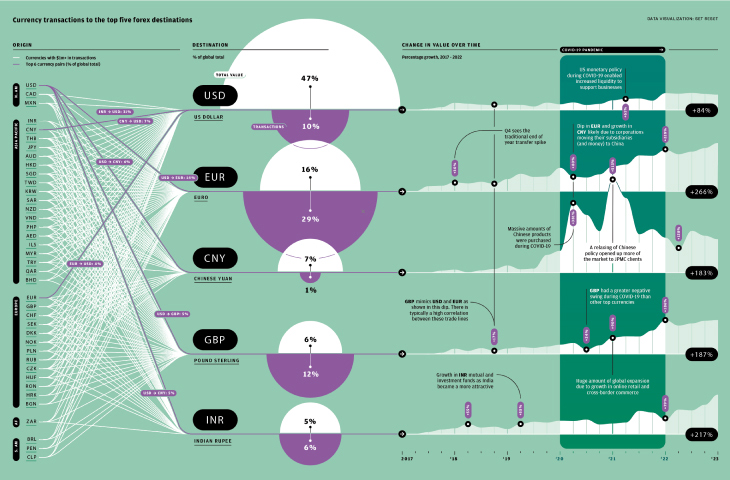For Companies and Institutions
-
Commercial Banking
We provide credit, financing, treasury and payment solutions to help your business succeed. We also offer best-in-class commercial real estate services for investors and developers.
-
Global Corporate Banking
We help clients achieve their long-term strategic goals through financing, liquidity, payments, risk management and investment banking solutions.
-
Investment Banking
Providing investment banking solutions, including M&A, capital raising and risk management, for a broad range of corporations, institutions and governments.
-
Institutional Investing
We support the entire investment cycle with market-leading research, asset management, analytics, execution, and investor services.
-
Payments
Your partner for commerce, receivables, cross-currency, working capital, blockchain, liquidity and more.
Key Links
For Individuals
-
Wealth Management
With J.P. Morgan Wealth Management, you can invest on your own or work with an advisor to design a personalized investment strategy. We have opportunities for every investor.
-
Private Bank
A uniquely elevated private banking experience shaped around you.
Explore a variety of insights.
Key Links
Insights by Topic
Explore a variety of insights organized by different topics.
Key Links
Insights by Type
Explore a variety of insights organized by different types of content and media.
Key Links
We aim to be the most respected financial services firm in the world, serving corporations and individuals in more than 100 countries.
Key Links
- Payments
- Payments Unbound
- Payments Unbound - The digital magazine
- Payments Unbound Articles
- AI Agents for Shopping - Trillion Dollar Question
Featuring future-thinking clients
Payments Unbound unites clients from a wide range of industries to bring you innovative insights that help you navigate the future of payments.
The AI shopping revolution
TRILLION DOLLAR QUESTION
Rubail Birwadker, on agentic AI for e–commerce payments
Would you let an AI agent shop on your behalf? Right now, an ecosystem of startups, tech titans and payments companies are betting that you would. One of them is Visa, which recently announced Visa Intelligent Commerce, a set of APIs that let agents access Visa’s services, with tokenized credentials to let those agents make payments.1 We spoke to Rubail Birwadker, Visa’s Global Head of Growth, about the initiative.

Rubail Birwadker
Global Head of Growth, VisaFirst things first: Is this a real, concrete product with a launch timeline, or is it something closer to a concept designed to position the brand in the market narrative?
No, no—it’s real. We have partners actively integrating and giving us constant feedback to make sure we’ll be ready for general availability sometime towards the end of 2025.
What are the main use cases you're imagining?
One simple thing that we’re trying to solve for is a native commerce experience. Any Visa credential, as long as it’s tokenized, should be able to natively work while you’re still in the AI platform that you’re using, like ChatGPT. The idea is the transaction happens on that platform—you’re not sent to another website to make the purchase—and in a few milliseconds, while you’re still in the context window, the AI says, “Here is what was bought, the receipt has been emailed to your inbox, what else would you like me to do?”
How do the use cases increase in complexity from there?
Imagine you’re planning a camping trip. You could say, "My budget is $1,000, I need the best available tent by next Friday"—and as long as it meets these conditions, you don’t care what tent it is. And the AI goes and buys it.
One of the other things we’re super excited about is our personalization capability— we can provide some very insightful and helpful signals for a better discovery experience. If you’re looking for a hotel in Manhattan, and have opted in your card, the AI could analyze the types of hotels you have stayed at and those frequented by others with similar spending patterns, and suggest, "We think you would really love to stay at this place."
Are you imagining the human will be asked for approval before AI makes a purchase?
This is the question we talk about a lot: "What is the intent?" In e-commerce, there’s a clear indication of a consumer intent as you click to say, “I want to buy this. But in a natural language interface, what counts as a real intent to buy? That’s a complicated question. We’re still testing and learning, but we may have it so, at least for the first few transactions, the agent asks the consumer, “Are you sure you want me to buy this?” Now, over a period of time, if you as a consumer don’t want to do that, you may have controls where you can get away from doing it, as long as you have a consistent pattern of how you purchase things.
If an agent makes a high-value purchase that the user never intended, who eats the loss: the user? The merchant? Visa?
You’re asking the all important question. I think that there’s a lot of work for us to do to figure out what that looks like. The way we’re designing this is we’re trying to root out as much fraud, and as much potential of rogue behavior, upfront in the provisioning and the tokenization and authentication of the cards. The scenario where we end up in a debate on liability comes to a very, very, very narrow use case, and then we fall back on our existing world of how e-commerce works. Now, over a period of time, does this evolve where we introduce new vectors of how this works? It’s a very good possibility. But we’re not there yet.
Do you think agents are likely to be paying in fiat currency, or do you think this is going to shift towards stablecoins?
We are big believers in stablecoins. Our view is, regardless of how a consumer chooses to hold money, whether it’s fiat, whether it’s stablecoins, whether it’s a commoditized way of holding money, ultimately there has to be an interoperable layer where the exchange of whatever the form of stored value is needs to happen. Could we see some of these transactions shift to stablecoins because they are a better medium of exchange or value? Probably. And if it is, I think we welcome it, because we are making sure that our network is interoperable, and we are adding a real interoperable value, even with things like stablecoins.
BY WIRED
SOURCES: WWW.JPMORGAN.COM/PAYMENTS-UNBOUND/SOURCES
ILLUSTRATION: ADRIÀ VOLTÀ
IMAGE: GETTY IMAGES/MIRAGEC
SOURCES AS PER WIRED, SEP 2024
MAGAZINE
Volume 6: Open Banking Is Just Getting Started Volume 5: Game Changer Volume 4: Ready Payer One Volume 3: Bank to the Future Volume 2: The New World of Commerce Volume 1: The Money Revolution Browse all articlesWEBINARS
View all webinarsYou're now leaving J.P. Morgan
J.P. Morgan’s website and/or mobile terms, privacy and security policies don’t apply to the site or app you're about to visit. Please review its terms, privacy and security policies to see how they apply to you. J.P. Morgan isn’t responsible for (and doesn’t provide) any products, services or content at this third-party site or app, except for products and services that explicitly carry the J.P. Morgan name.

